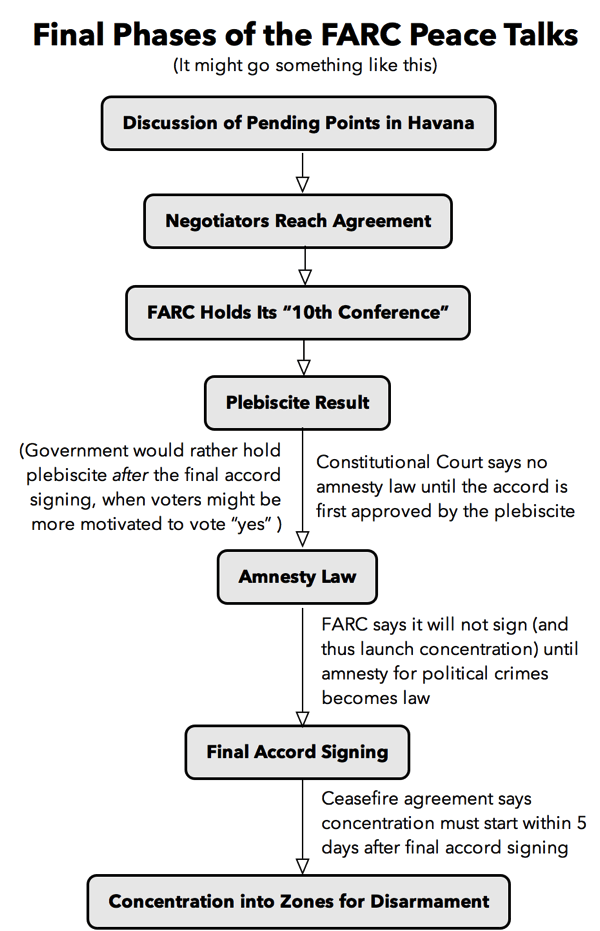I read Tom Long's Latin America Confronts the United States: Asymmetry and Influence (2015) which is worth your time (and which I hope gets a paperback edition). His argument is that Latin American foreign policy initiatives have received too little attention, and that they've been strikingly successful in setting the political agenda and achieving policy goals. He uses detailed case studies Operation Pan American, the Panama Canal treaties, NAFTA, and Plan Colombia.
There are several things that set the book apart.
First, it is based on some excellent fieldwork, with extensive archival research and interviews with key participants. So beyond the analysis itself, it's an interesting read.
Second, it is a book about policy makers. In the case of Panama, for example, it's even about an individual (Omar Torrijos) overcoming concerns about Cold War security, which is typically seen as an almost overwhelming structural constraint.
Third, coordinated Latin American lobbying matters. This is a variable that Michael Grow uses in his book U.S. Presidents and Latin American Interventions and which deserves much more attention than it gets. Knowing how to deal with U.S. political institutions (especially Congress) and the public is so important.
Fourth, it takes on a lot of existing literature (including my own). Long argues that he is part of an "internationalist" school of thought, versus "establishment" or "revisionist" schools. Both of the latter tend to downplay Latin American agency, albeit for different reasons. That's true, but I think there's actually a lot more potential than Long even gives himself credit for, especially in theoretical terms.
More specifically, one point I would've liked to read more about was the critical obstacle Latin American policy makers found in each case. For each, I found the following, in an obviously simplified manner:
1. OPA: overcoming US resistance to providing large amounts of aid
2. Panama Canal: overcoming US concerns about security
3. NAFTA: overcoming US caution about an FTA with a developing country
4. Plan Colombia: overcoming US suspicions of Colombia
These are all different, so what strategies mattered most? Some of these are economic, and some are political. This stuff could get modeled on some way that could provide a new strand of literature but also potentially contribute to theories of foreign policy more specifically.
Read more...







